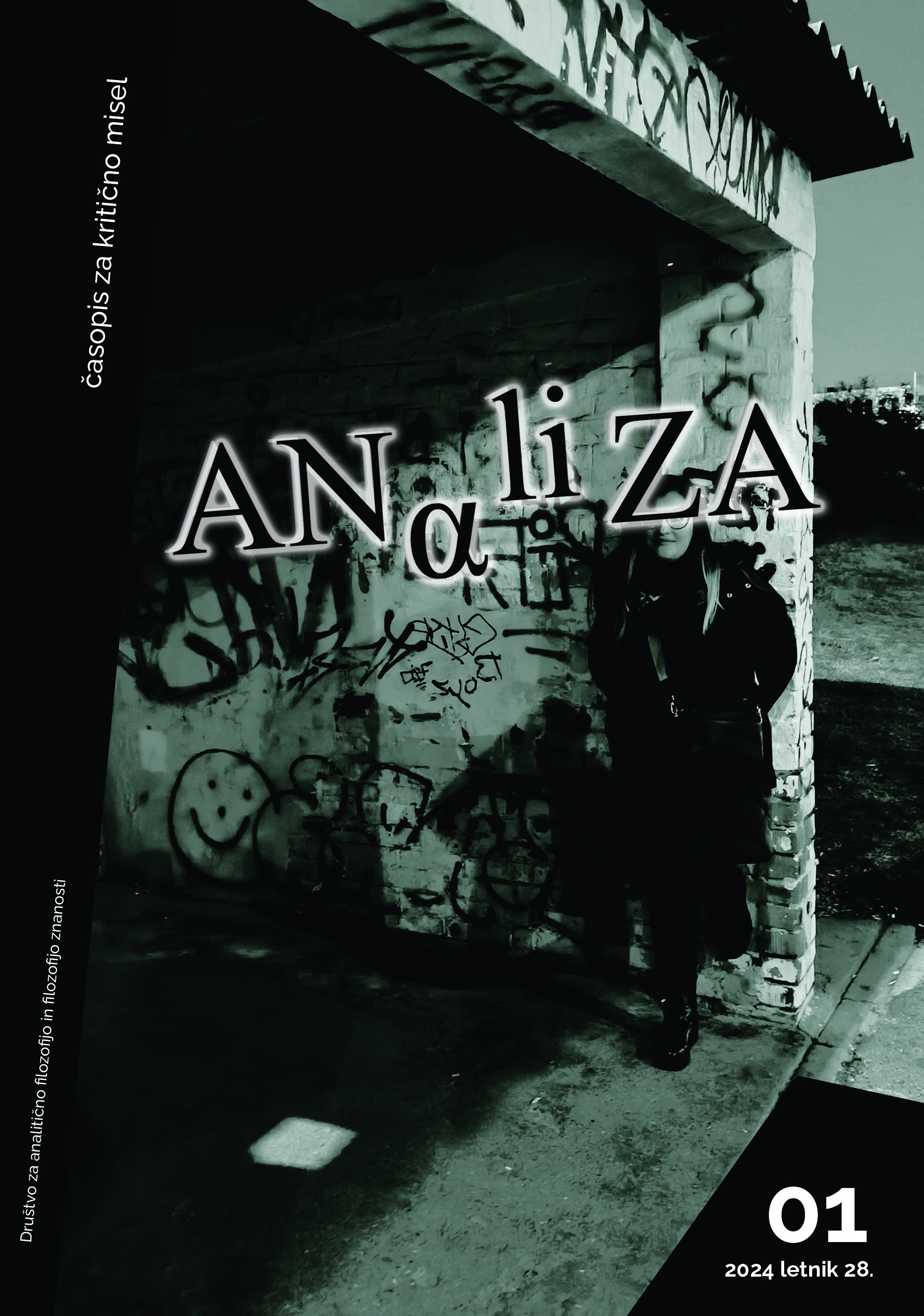Is Quine’s Problem of Indeterminacy Of Translation and Reference Relevant for Linguistic And Translation Theories?
Abstract
The paper examines the concept of equivalence in translation theory, exploring its various interpretations and criticisms. It analyses different approaches to equivalence in the literature, including Catford's notion of equivalence, Nida and Taber's formal and dynamic equivalence, and Koller's five types of equivalence. The paper then considers critiques of equivalence, focusing on the critiques based on the influence of Quine's indeterminacy of translation and reference. It argues that while Quine's problem challenges the notion of meaningbased equivalence, other forms of equivalence remain viable, although accepting Quine's position necessitates the elimination of meaning itself. Finally, the paper weighs the implications of these different perspectives on translation theory. While accepting Quine's view challenges some forms of equivalence, it does not completely invalidate the concept. Other types of equivalence, such as those focused on function or effect, remain valid. However, accepting Quine's view requires eliminating the concept of meaning, which has profound implications for the field of translation studies and linguistics in general.
Downloads
